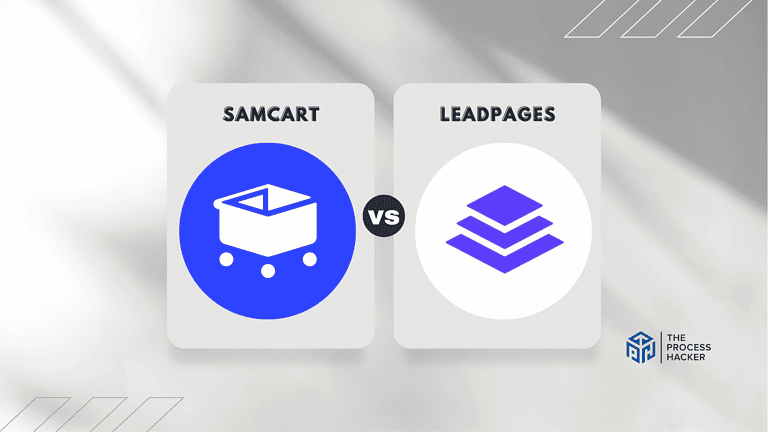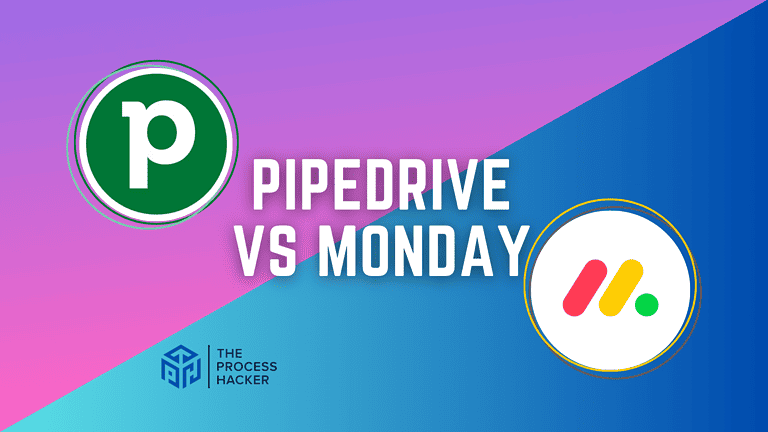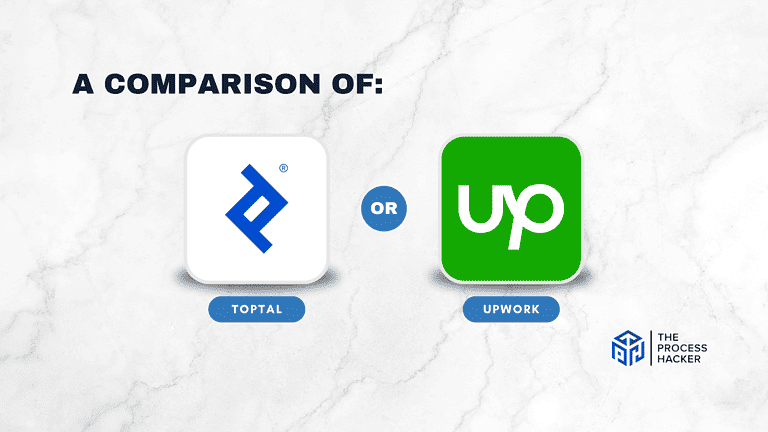The 5 Most Common Challenges Faced by Online Businesses
Starting an online business presents an opportunity for eager entrepreneurs to be their own bosses. Simply put, it can be a dream come true for many, should they do it right. But the allure of online businesses is the flexibility to work from anywhere and the potential for unlimited income.
With that said, building a successful online business is not as easy as many make it out to be. There are many challenges that entrepreneurs face on the road to success.
This article discusses the most common challenges every digital business faces so that eager entrepreneurs will know what they’re getting into.
Let’s dive into the five most common challenges.
Networking
Networking is becoming a crucial component for success in the modern business world. Not focusing on networking is a critical mistake to avoid when starting an online business or a small business of any kind. But why is networking so crucial for success?
Networking is the practice is meeting like-minded individuals relevant, or not, to your industry. Networking will allow you to discover and turn unique business opportunities into something special. It is possible to discover business partners and even potential customers through networking.
But why is networking such a big challenge for modern entrepreneurs? Well, it’s because everyone is doing it. Now, you might be thinking, wouldn’t that make networking easier? In a sense, it will. However, the more people network, the more they will look for unique connections that will set them apart.
So you will need to be good at it to meet potential connections that can provide value to your online business. Therefore, you will need to become an online networking whizz.
Generating Traffic
Every online business needs a strong customer base. In the online world, customers are the people who visit your website or web platform and purchase your product. But not every website visitor is an ideal customer. That is a challenge in itself, but first, let’s discuss the most common challenge: generating website traffic.
No matter how great your product or service is, it is worthless if no one knows about it. Therefore, to succeed in the online world, you need to be able to drive traffic to your website.
There are numerous ways to drive website traffic, with the most organic one being search engine optimization or SEO. SEO means optimizing your website to rank higher in search engine result pages or SERPs. Optimizing your website for keywords related to your business can attract organic traffic from search engines like Google or Bing.
Another way to generate traffic is through paid advertising targeted toward your ideal customers. Paid advertising (Google Ads, Facebook Ads, etc.) allows you to target specific demographics and reach a wider audience.
However, paid advertising on Google or social media platforms can be expensive. It requires capital, planning, and effective marketing to get converting customers and reach the desired numbers. So if you are thinking about driving traffic through paid advertising, having all three in place is essential to maximize your ROI.
Converting Visitors into Customers
Once traffic starts coming to your website, the next challenge is converting those visitors into customers. This is perhaps the biggest challenge when starting a small business. That’s because conversions are the lifeblood of any online business; without them, you won’t be able to generate revenue.
So the challenge shifts from generating traffic to improving your conversion rate. To do that, you need to work on your website more. Essentially, you must work on improving the customer experience or user experience (UX). Your website must be easy to use and navigate, visually appealing, and provide a clear value proposition. You should also have clear calls to action (CTAs) encouraging visitors to act, such as filling out a form, purchasing, or signing up for your weekly newsletter.
It’s also important to create trust with your audience. This can be done through social proof, such as customer reviews and testimonials, and by providing a secure checkout process.
Building a Strong Brand
To be successful in any sphere, you must become a brand with a strong identity. Your brand is how customers view you and represent your values, mission, and personality.
Your goal is to become a strong brand that everyone recognizes. Thill will help you stand out from your competitors and create a loyal customer base.
To build a strong brand, you need to define your brand identity. Visual elements such as a logo and color palette are key to building a strong brand. Additionally, your name and tone of voice are equally important for brand building.
Once you’ve covered that, the trick is establishing your brand identity across all marketing channels, including your website, social media, and email marketing.
Managing Cash Flow
The last challenge is one that many online businesses struggle with, which is maintaining cash flow. Cash flow will be a problem in the early stages. Entrepreneurs must prepare to be able to cover expenses out of pocket, but they also must learn to manage their cash flow once sales eventually rack up.
To manage your cash flow, you must clearly understand your income and expenses. You should track your cash flow regularly and create a budget to prioritize your spending.
Having a cash reserve that can cover unexpected expenses or dips in revenue is also important. This can be achieved by setting aside a portion of your monthly revenue into a separate savings account.
Conclusion
Starting an online business can be tricky. But it can also be highly rewarding with unprecedented earning potential. Therefore, eager entrepreneurs must familiarize themselves with the challenges of starting an online business.
Knowing the challenges beforehand allows time to plan your every move and get you closer to achieving your dream of becoming a successful entrepreneur with a successful online business.
Author Bio
Erik Bergman co-founded Catena Media and helped grow it to over 300 employees and a $200 million valuation before stepping away to start Great.com, an iGaming organization that donates 100% of its profits to environmental charities.
In addition to running a successful online business, Erik also hosts the Becoming Great podcast, shares entrepreneurship tips with his more than 1 million social media followers, and contributes to sites like Entrepreneuer.com, Business Insider, Foundr, and Forbes.







